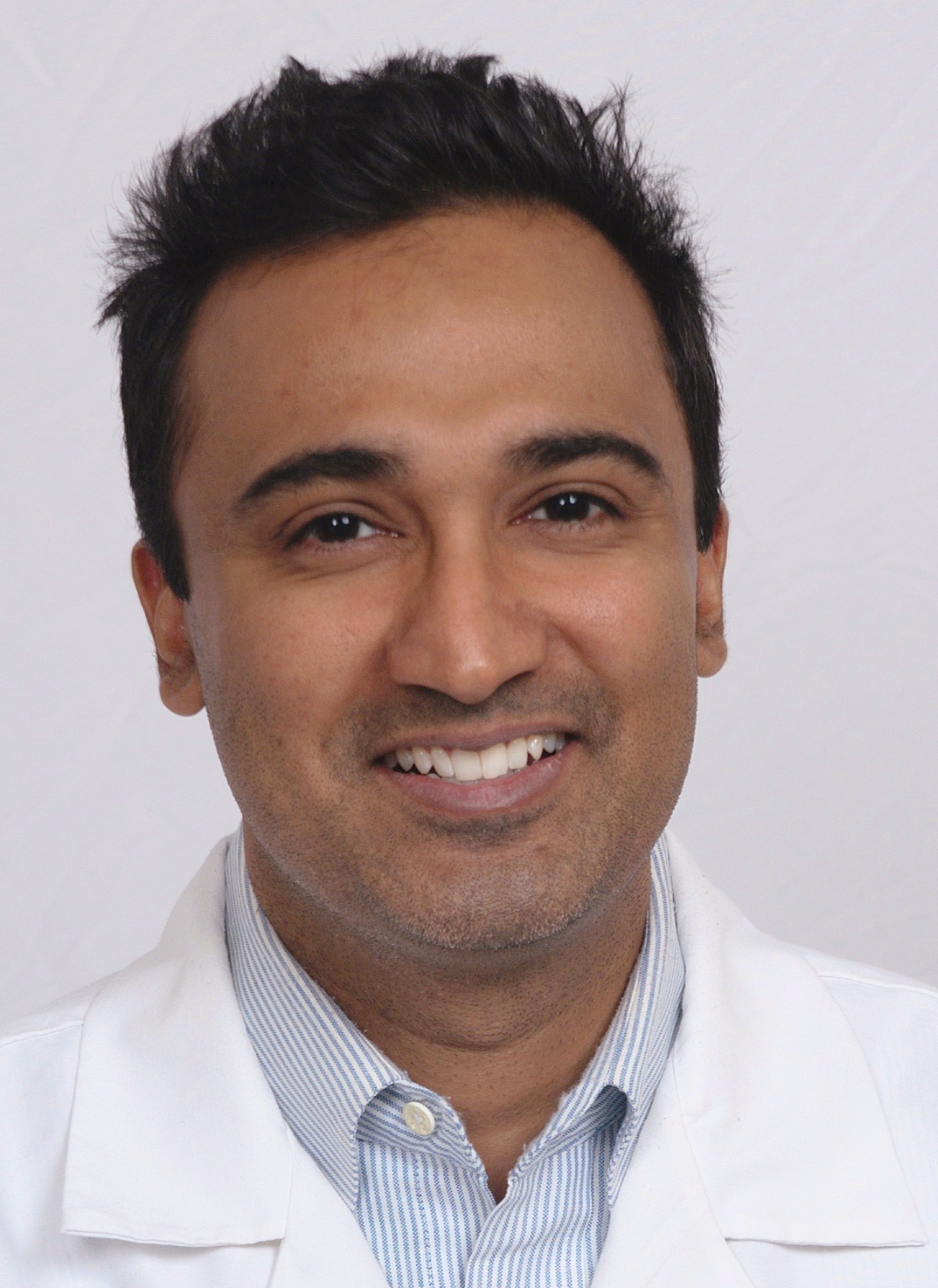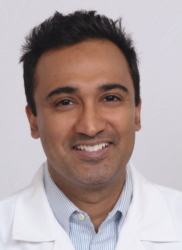
WholeFoods Magazine
The Antibiotics Problem – Our Problem, Our Responsibility

The public health implications created by the inappropriate use of antibiotics represents one of the largest global health problems today.
A 2013 retrospective study conducted by the Centers for Disease Control (CDC) found that in the year 2010, U.S. physicians and associated health care providers prescribed 258 million courses of antibiotics for a population of approximately 309 million Americans. This translates on average to over eight antibiotic prescriptions for every ten people.
This study was followed by a 2014 WebMD/Medscape survey that found a staggering 95% of prescribers write for antibiotics when they are unclear they are necessary. One-third of this group admitted to writing antibiotics when unclear of their necessity at least 25% of the time. Concurrently, the prevalence of drug-resistant bacteria and incidence of complicated antibiotic-associated colitis are rising.
The World Health Organization released a statement calling drug resistance, “an increasingly serious threat to global public health that requires action across all government sectors and society.” There are now two million drug-resistant infections in the United States, annually resulting in 23,000 deaths. It is estimated that deaths due to drug-resistant infections will surpass cancer by the year 2050.
One of the largest areas of this problem revolves around the inappropriate use of antibiotics in the management of upper respiratory infections (URIs). URIs are the most common infection in humans. The average person gets between two to three times a year. Approximately 80% of URIs are caused by viruses. Viruses cannot be treated with antibiotics, which are only effective in treating bacterial infections.
From the same WebMD/Medscape survey, patients were asked why they request antibiotics. They responded in the following manner:
85% - I believed it would cure the illness.
65% - To feel better quickly
44% - I needed to get back to work as soon as possible.
27% - Antibiotics can’t hurt and it’s better to be safe than sorry.
25% - I believe that antibiotics always work.
Clearly, there is a large patient education gap component to this problem. Given their limited options, providers often feel pressured to prescribe antibiotics even in instances when they know they are not necessary. A 2014 Brigham and Women’s study finding that providers write more antibiotic prescriptions in the afternoons than mornings suggested “decision fatigue” on the part of providers, many of whom state they are bombarded daily with patient requests for antibiotics.
Dr. Tom Frieden, director of the CDC comments, “It’s clear that we’re approaching a cliff with antibiotic resistance…Clinicians and health care systems need to improve prescribing practices. And patients need to recognize that there are both risks and benefits to antibiotics — more medicine isn’t best; the right medicine at the right time is best.”
My professional hope is that knowledge transfer between clinicians and patients around the appropriate use of antibiotics improves. In the increasingly globalized society that we live in, we must all work towards expanding awareness that when it comes to infectious diseases, responsible decision making with our own personal health is critical to our collective public health as well. WF
 About the Author: Sarath Malepati, MD is the Founder and Medical Director of the PPC Group, a California-based health product design team focused on improving knowledge transfer between clinicians and patients through the design of simple solutions for common health care problems. Dr. Malepati’s current project is the EZC Pak, the first physician formulated 5-day immune support pack designed to relieve patient pressure for antibiotics when deemed medically unnecessary and reduce inappropriate antibiotic prescribing patterns. More information on Dr. Malepati’s work can be found at: ezcpak.com
About the Author: Sarath Malepati, MD is the Founder and Medical Director of the PPC Group, a California-based health product design team focused on improving knowledge transfer between clinicians and patients through the design of simple solutions for common health care problems. Dr. Malepati’s current project is the EZC Pak, the first physician formulated 5-day immune support pack designed to relieve patient pressure for antibiotics when deemed medically unnecessary and reduce inappropriate antibiotic prescribing patterns. More information on Dr. Malepati’s work can be found at: ezcpak.com








